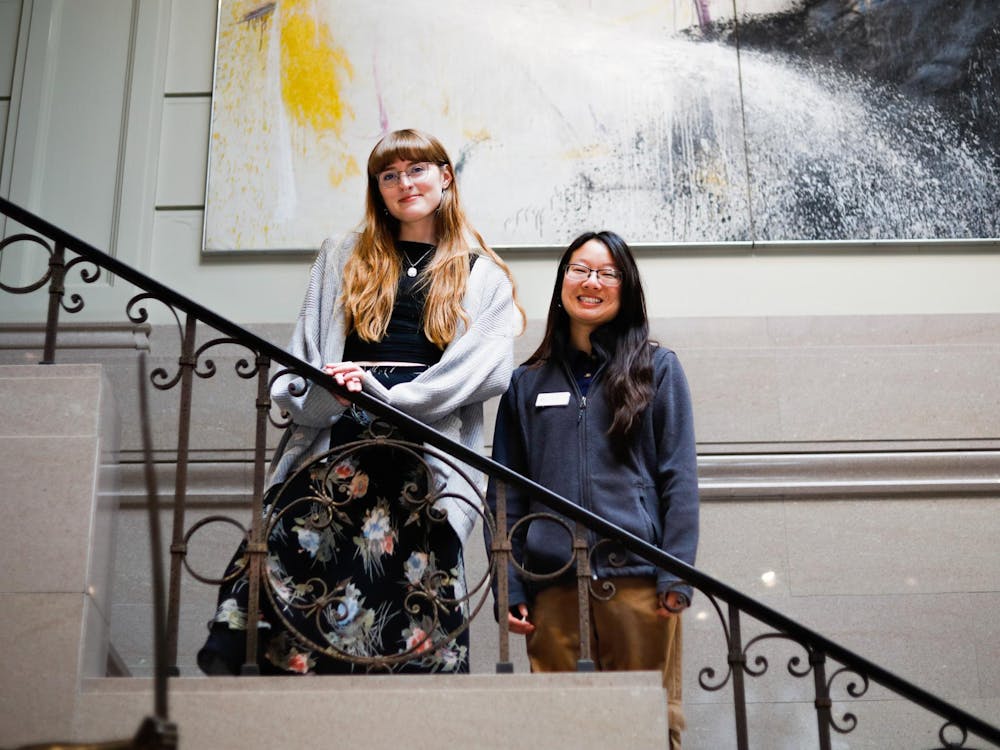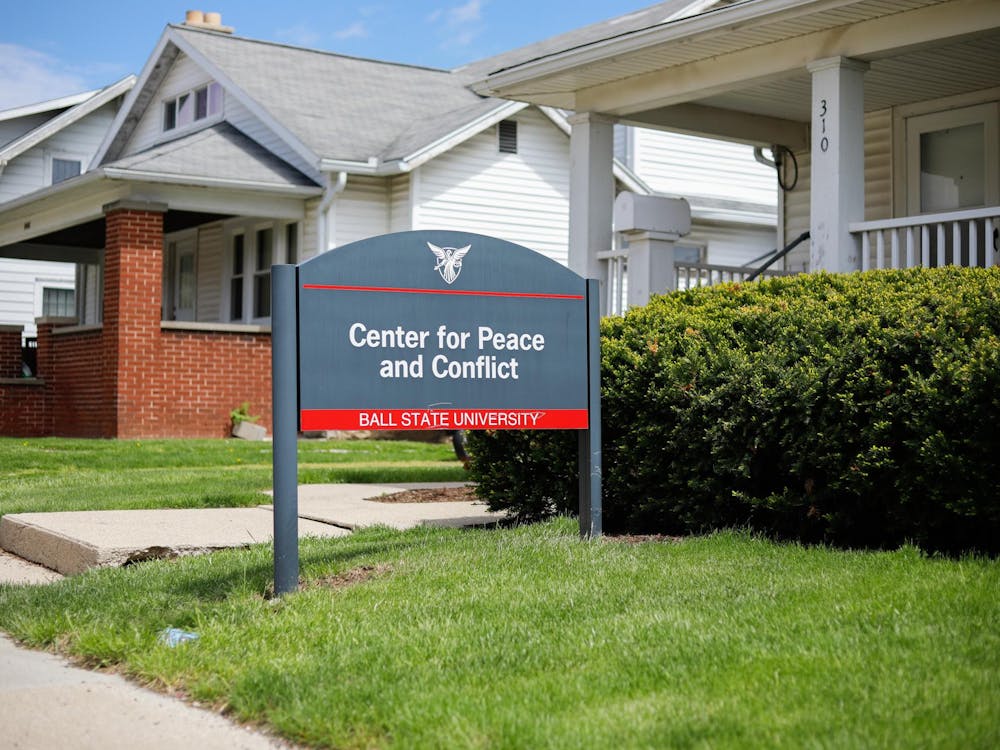Editors note: A previous version of this story reported Celie McKinley said "escape Muncie." Since, the article has been changed to reflect McKinley's original quote "escape Indiana." Additionally, the story previously said Park University and has since been corrected to Point Park University.
As a high school student, Celie McKinley searched for a university in order to “escape Indiana.”
She intended to study psychology at Point Park University in Pittsburgh, Pennsylvania, seven hours away from her hometown in South Bend, Indiana.
However, the distance became too much. After a year, McKinley — now a senior majoring in psychology — transferred to Ball State.
McKinley is not alone. According to a 2018 report released by Indiana Commission for Higher Education, one in four Indiana college students transfer before they graduate.
“If you are not comfortable at a university, then don’t stay there,” McKinley said. “I wasn’t comfortable with the distance. I wasn’t comfortable not being able to be where my mom is. We have always done stuff together. I am her only child, besides the cats.”
While McKinley transferred because of the distance, there are a variety of reasons students transfer to Ball State, said Chris Sherck, transfer coordinator and assistant director of admissions and orientation.
“Each person’s story is unique and their reasoning for wanting to transfer,” Sherck said. “There are a lot of reasons a student might want to transfer in here.”
Around 1,000 students transfer to Ball State each year due to financial reasons, the distance from home or academic changes, Sherck said.
Students who transfer to Ball State go through a similar process to high school transfers. While they submit an application, Sherck said Ball State looks at different factors for academics when admitting transfer students.
If a transfer student has at least 24 college credit hours, the decision for admittance into Ball State will be based off their grades in college. If they have less than 24 credit hours, the decision is based off college grades, high school grades and ACT/SAT scores, Sherck said.
“We are trying to have the best information possible based on what a student has done in their collegiate career and helping them determine if they are academically ready for Ball State,” Sherck said.
Students typically transfer from either a two-year university or a four-year university. On average, transfer students have about one year of college credit, which is equivalent to about 25 credit hours, according to the same report.
However, Sherck said it is in the students’ best interest to transfer with those 25 credits from a four-year university.
“Ethically, it is not appropriate to try and woo a college from another four-year institution,” Sherck said. “It is always in the students’ best interest, if they are at a four year institution, to finish out there if it is a good fit for them.”
Additionally, 15 percent of transfer students already have a degree, according to the same report.
“When you work with transfer students, you might have an 18-year-old who took one semester at a college, or you might have someone with a degree who is coming back for another and everything in between,” said Gloria Pavlik, retention and graduation office director. “It is not a homogenous group.”
Pavlik said while 1,000 students transfer in, it is unsure exactly how many students transfer out. Ball State does not record an exact number of students who transfer to other schools.
Ball State has approximately an 80 percent retention rate of freshmen, Pavlik said. This includes students who transfer out and students who don’t return to college.
Contact Liz Rieth with comments at ejrieth@bsu.edu or on Twitter @liz_rieth.





